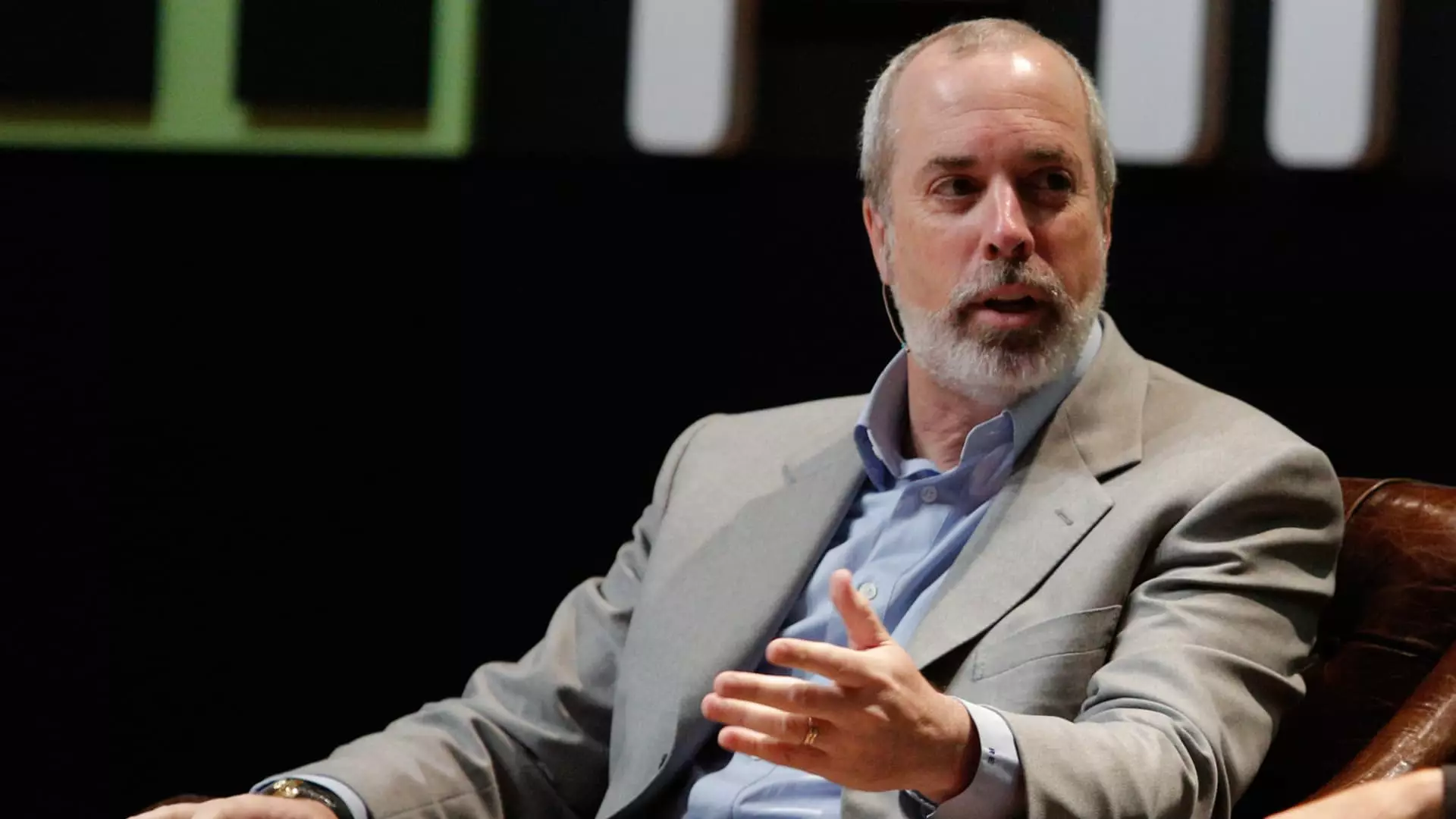In an era where information flows freely and instantaneously, the glaring gap in financial literacy among Americans is nothing short of alarming. Ric Edelman, a titan in the personal finance field, points out a critical truth during his recent appearance on CNBC: the United States has a woefully inadequate track record in fostering financial education. As our life expectancies grow, the immediacy of this crisis has intensified. No longer can individuals rely on the traditional structures of earlier generations, who often left the world long before the complexities of aging and retirement planning came into play. Edelman’s warning should resonate across demographics; we are at risk of perpetuating a cycle of financial ignorance that undermines not just personal stability but societal stability as well.
The “Get-Rich-Quick” Mentality
What’s particularly troubling is that young investors, emboldened by the promise of wealth through volatile trading apps and online platforms, are increasingly drawn towards schemes that promise quick returns but offer little in the way of real education. Platforms advocating for options trading and high-risk strategies may entice new investors, but they stack the odds in favor of gambling over a methodical investment approach. Such trends indicate a shift away from foundational financial principles, primarily thanks to an environment that often glamorizes speculation rather than encouraging prudent planning.
It’s a bitter irony that the wealth of information available often leads to misinformation. Instead of learning about sustainable investment strategies, many young adults find themselves misled by trends circulating on platforms like TikTok, unaware of the long-term risks they’re treading. Rather than acquiring the knowledge needed to navigate the complexities of finance, they are seduced into high-stakes environments without the training to back up their aspirations.
Corporate Complexity: The Enemy Within
Edelman argues that the financial industry’s complicity cannot be ignored. Corporate America often thrives on the complexity that benefits them but leaves consumers feeling bewildered and trapped. By creating unnecessarily complex financial products, companies may prevent truly informed choice—a hallmark of genuine consumer protection. They may lure individuals into systems that prioritize profit over the well-being of their clients, exacerbating the gap in financial literacy.
New investors should approach this landscape with skepticism. By recognizing that much of the financial advice circulating in today’s world is fashioned more to captivate than educate, young adults can begin to dissect what information is worthy of their attention—and which is not.
The School of Hard Knocks
It’s disheartening that financial education remains absent in so many high school curriculums. Why has it taken until the 21st century for states to begin instituting mandatory personal finance courses? A program that could equip young adults with basic financial skills—from budgeting to understanding credit cards—remains an exception rather than the rule in many parts of the nation. The veil of ignorance perpetuated by an education system that fails to prepare students for the realities of adulthood can only lead to one result: a generation of individuals unprepared for the financial responsibilities that accompany their new-found independence.
While some states like Utah have taken steps to rectify this, the pace of change is painfully slow in the face of urgent need. Young people often stumble through their financial lives, learning crucial lessons only after making potentially crippling mistakes.
A Glimmer of Hope Amidst the Chaos
Despite the myriad of challenges, there exists a flicker of optimism among the younger generations. The stark financial reality observed by today’s youth—standards set by their parents and the economic instability they inherited—breeds a desire to succeed that has not been seen in prior eras. This generation recognizes the pitfalls of a poor financial foundation and is actively seeking knowledge to avoid these missteps.
Amid this turbulence, it’s essential for resourceful individuals and organizations to step up. Educational reforms that prioritize not just awareness but deep, actionable understanding of personal finance can change the narrative. The hungry desire for knowledge among today’s college graduates is a powerful motivator, one that, if nurtured with the right tools and frameworks, could herald a new era of financially savvy citizens.
In sum, while the path to financial literacy is fraught with challenges—corporate deception, a lack of foundational education, and misguided trends—there is also the unmistakable potential for a renewed commitment to improving financial education in this country. The fight for financial literacy is not just one that concerns individual wealth; it is crucial for the resilience and vitality of our economy and society at large.

